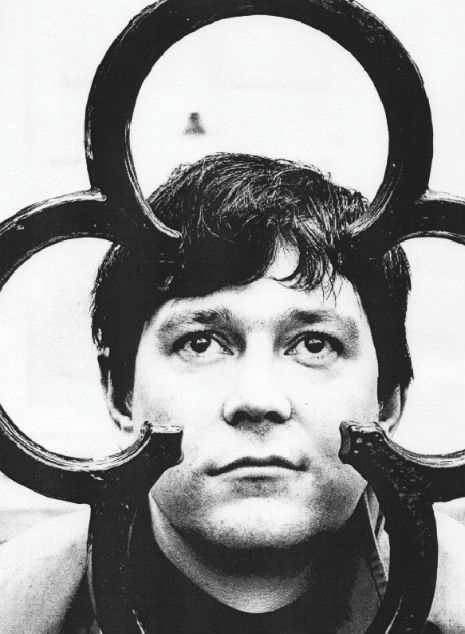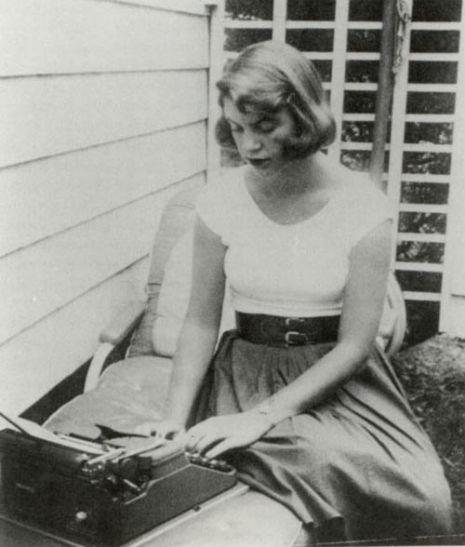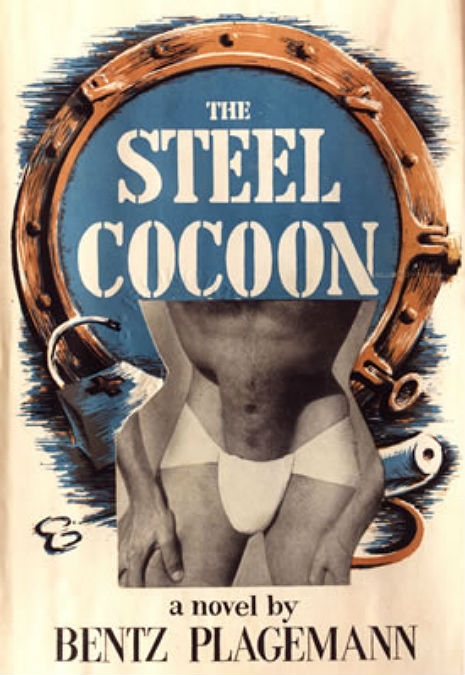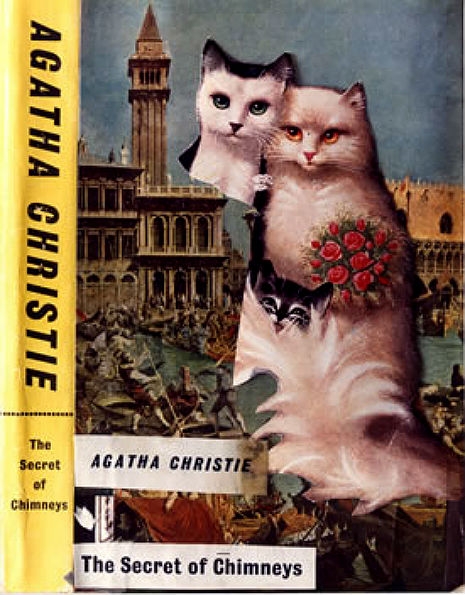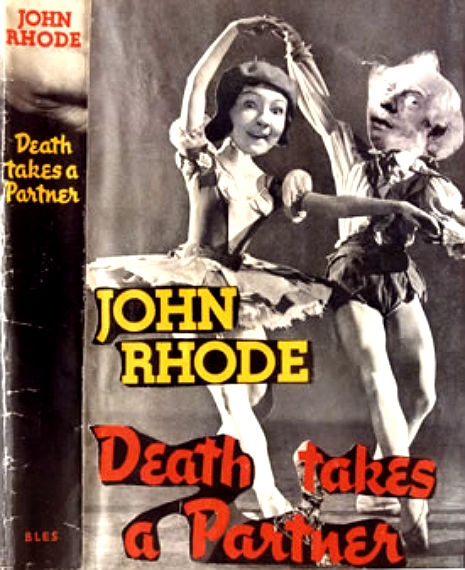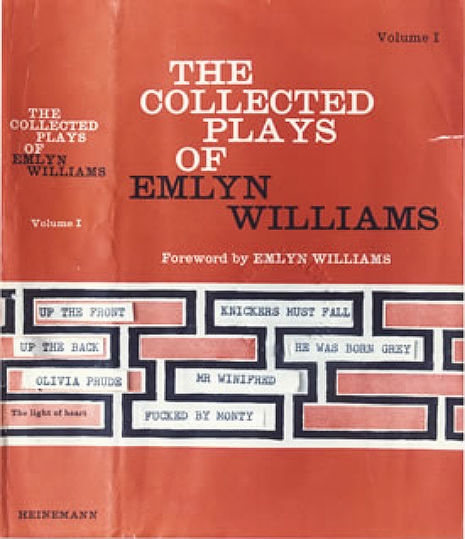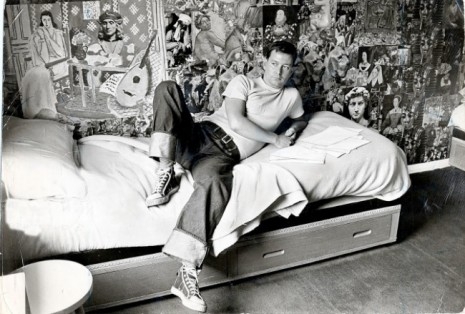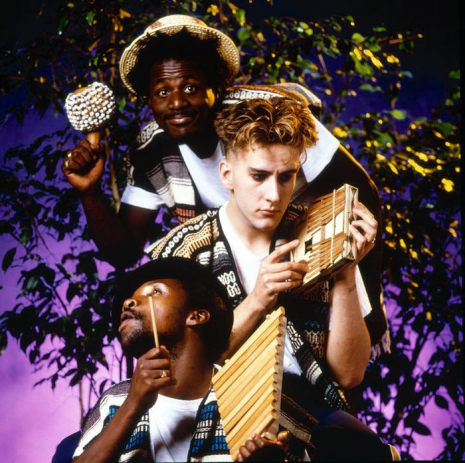
The death of one form brings forth life in another.
Something was going wrong. It wasn’t just with the band, it seemed to be happening everywhere across the country. The Specials were on tour promoting their second album More Specials. It should have been a happy time. But in every city they visited, every gig they performed the tension, the anger on the streets and in the concert halls was becoming more and more apparent. There was a feeling the country was falling apart.
In 1979, the newly-elected Conservative government gave a promise to “heal” the nation “and sow peace” after the failure of Labour’s policies in 1970s which had given rise to three-day weeks, power cuts, endless strikes, a “winter of discontent,” where the dead were left unburied and the garbage piled-up on city streets. But as soon the Tories were elected, they turned true to form crucifying the poor and helping the rich. They closed down factories, destroyed hope, and created mass unemployment. The promise of a better future and the opportunity to achieve was only intended for a select class.
Jerry Dammers the Specials co-founder, producer, chief song-writer and keyboard player thought the new Prime Minister “Margaret Thatcher had apparently gone mad”:
...she was closing down all the industries, throwing millions of people on the dole. We could actually see it by touring around. You could see that frustration and anger in the audience. In Glasgow, there were these little old ladies on the streets selling all their household goods, their cups and saucers. It was unbelievable. It was clear that something was very, very wrong.
While there was something wrong going on in the country, there was also something very wrong with the Specials. When the band got together to record their next single “Ghost Town” everyone stood “in different parts of this huge room with their equipment, no one talking.” Dammers left the recording twice in tears seeing his hope for the band falling apart.
As fellow bandmate Neville Staple recalled the Specials ended “differences of opinions”:
...some wanting to lead things in one direction, some in another. I guess we were such a mixed bag of personalities, with various skills and talents, we just wanted different things and couldn’t agree enough to stay together.
It was probably the wrong move but Staple took “the bull by the horns and got stuck in and just kept going…[..]..never stopped.”
In the summer of 1981, the Specials released “Ghost Town.” It became the band’s biggest hit spending three weeks at number one in the UK Charts. The song reflected the sense of despair that had spread across the country as riots erupted in London, Liverpool, Birmingham, Manchester and Leeds. The country was burning. At the moment of their greatest success, the Specials split.
Staple teamed-up with his fellow bandmates Lynval Golding and Terry Hall. and formed a new band—the Fun Boy Three.

More on the Fun Boy Three, after the jump….






